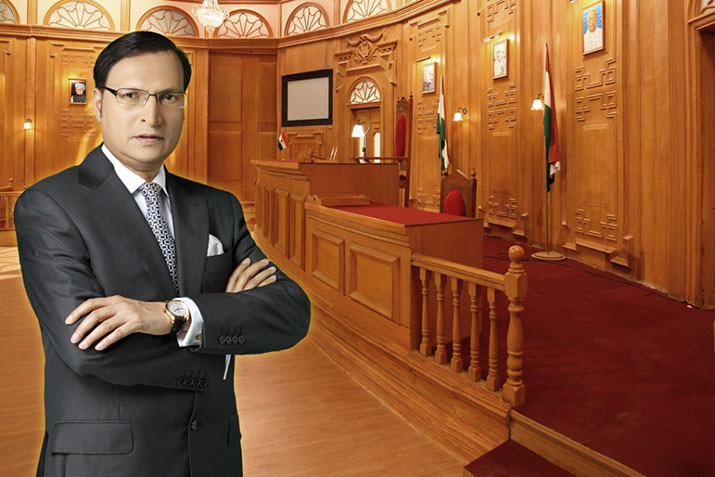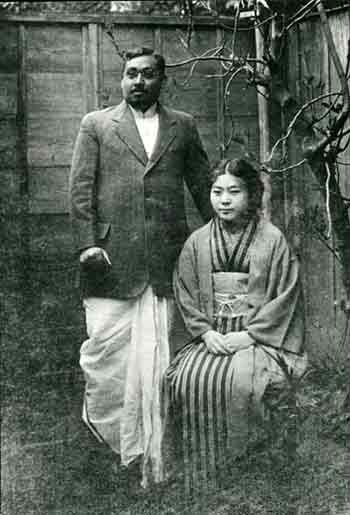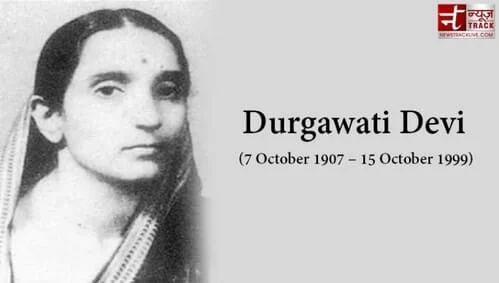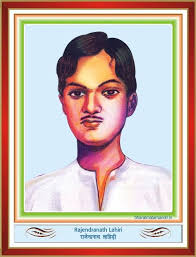Aap Ki Adalat” is a popular Indian television show known for its unique format of bringing celebrities, politicians, and public figures face-to-face with the host, Rajat Sharma, in a courtroom-style setting. The show, which translates to “Your Court” in English, has been a staple of Indian television since its inception in 1992. Over the years, it has become one of the longest-running and most-watched talk shows in India, captivating audiences with its gripping interviews, heated debates, and insightful discussions on a wide range of topics. In this exploration, we delve into the history, format, impact, and the central figure behind “Aap Ki Adalat,” Rajat Sharma.
History and Evolution:
“Aap Ki Adalat” premiered on Indian television in 1992, marking the beginning of a revolutionary concept in the realm of talk shows. The brainchild of Rajat Sharma, the show was envisioned as a platform for holding public figures accountable for their actions, probing into their lives, beliefs, and decisions while providing viewers with an opportunity to witness the drama unfold in a courtroom-like setting.
In its early years, “Aap Ki Adalat” gained popularity for its bold and confrontational approach to interviewing guests. Rajat Sharma, a seasoned journalist with a reputation for fearlessness and tenacity, quickly established himself as the face of the show, earning the respect and admiration of viewers across the country.
Over time, “Aap Ki Adalat” evolved to encompass a diverse range of guests, including Bollywood celebrities, sports personalities, politicians, and social activists. Each episode featured a compelling mix of interviews, debates, and audience interactions, providing viewers with a comprehensive glimpse into the lives and personalities of their favorite stars and influential figures.
Format and Structure:
The format of “Aap Ki Adalat” is distinctive and has remained largely consistent throughout its decades-long run. The show typically unfolds in a courtroom-style setting, with Rajat Sharma assuming the role of the presiding judge, interrogating guests with a series of probing questions and incisive observations.
The guests, seated in the witness box, are subjected to intense scrutiny as Rajat Sharma delves into various aspects of their personal and professional lives. The host employs a mix of wit, charm, and assertiveness to elicit candid responses from guests, often leading to moments of revelation, introspection, and controversy.
Audience participation is a key element of the show, with viewers given the opportunity to pose questions to the guests and express their opinions on the issues being discussed. This interactive format adds an additional layer of engagement and dynamism to the proceedings, making “Aap Ki Adalat” a truly immersive viewing experience.
Impact and Influence:
“Aap Ki Adalat” has had a profound impact on Indian television and popular culture, shaping public discourse, influencing opinions, and setting new standards for journalistic integrity and transparency. The show’s ability to hold public figures accountable for their words and actions has earned it widespread acclaim and recognition as a bastion of truth and justice in the media landscape.
Rajat Sharma’s no-holds-barred interviewing style has been instrumental in the success of “Aap Ki Adalat,” earning him a dedicated following of viewers who tune in religiously to watch his confrontations with guests. His reputation as a fearless journalist and his unwavering commitment to uncovering the truth have made him a trusted voice in Indian journalism.
Moreover, “Aap Ki Adalat” has served as a platform for addressing pressing social, political, and cultural issues, sparking debates, raising awareness, and fostering dialogue on topics of national importance. From corruption and governance to entertainment and sports, the show has covered a wide spectrum of subjects, resonating with audiences across demographics and geographies.
Rajat Sharma: The Face of “Aap Ki Adalat”:
At the heart of “Aap Ki Adalat” is its charismatic host, Rajat Sharma, whose dynamic persona and commanding presence have been instrumental in the show’s success. A veteran journalist with decades of experience in the field, Sharma brings a unique blend of insight, gravitas, and humor to his role as the anchor of the show.
Rajat Sharma’s journey from humble beginnings to becoming one of the most influential media personalities in India is a testament to his grit, determination, and passion for journalism. His fearless pursuit of truth and justice, coupled with his unyielding commitment to journalistic ethics, have earned him the respect and admiration of millions of viewers.
Beyond his role as a television host, Rajat Sharma is also a prolific writer, authoring several books on politics, society, and current affairs. He is actively involved in various philanthropic initiatives and social causes, using his platform to advocate for positive change and empowerment.
Conclusion:
“Aap Ki Adalat” and its iconic host, Rajat Sharma, have left an indelible mark on the landscape of Indian television, revolutionizing the talk show format and redefining the role of journalism in public discourse. Through its incisive interviews, engaging debates, and fearless pursuit of truth, the show has become a beacon of integrity, transparency, and accountability in the media industry.
As it continues to captivate audiences with its riveting content and thought-provoking discussions, “Aap Ki Adalat” remains a testament to the enduring power of journalism to inform, inspire, and empower. In an age of misinformation and sensationalism, the show stands as a shining example of the importance of upholding journalistic principles and speaking truth to power. Through its relentless pursuit of justice and Rajat Sharma’s unwavering commitment to excellence, “Aap Ki Adalat” continues to be a force for positive change in Indian society.






